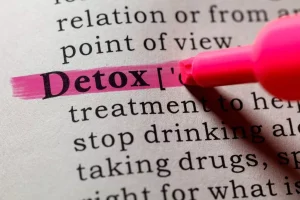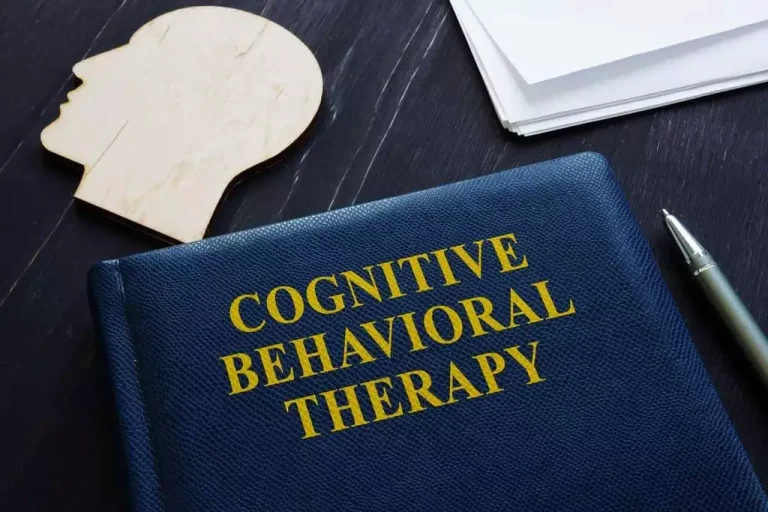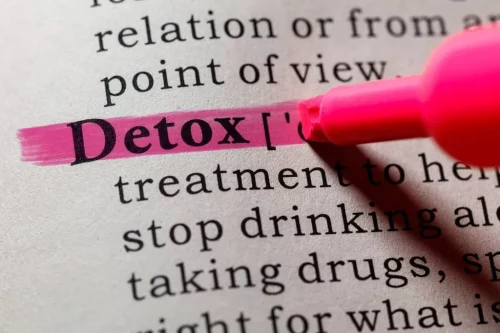
In addition, female mice that consumed 20% (w/v) ethanol for 8 weeks showed a reduction in LPS activated efferocytosis (Boe, Richens et al. 2010). In contrast to the effects of high ethanol doses, human monocytes isolated after 30 days of moderate beer consumption (330mL for women and 660mL for men) exhibited increased phagocytic, oxidative burst, and intracellular bactericidal activity when incubated with fluorescence-labeled E. Not only does the immune system mediate alcohol-related injury and illness, but a growing body of literature also indicates that immune signaling in the brain may contribute to alcohol use disorder. The article by Crews, Sarkar, and colleagues presents evidence that alcohol results in neuroimmune activation. This may increase alcohol consumption and risky decisionmaking and decrease behavioral flexibility, thereby promoting and sustaining high levels of drinking.
- Reduced IgE levels were also observed and may be related to the observed decrease in IgE synthesis regulators, IL-13 and CD40 ligand.
- Often, the alcohol- provoked lung damage goes undetected until a second insult, such as a respiratory infection, leads to more severe lung diseases than those seen in nondrinkers.
- Indeed, NFκB was down-regulated in the alcohol group compared with the control group (Joosten, van Erk et al. 2012).
- These adaptive responses are helpful due to their long-lived memories and the ability to adapt to new types of infections.
Health Categories to Explore
One of these studies found people with the gene variant have a lower risk of heart disease — another blow to the idea that alcohol protects people from heart problems. Seeking treatment sooner rather than later can reduce the impact of alcohol misuse on your immune system. If you are dependent on or addicted to alcohol and experience withdrawal symptoms when you reduce how much you drink, you may need to complete an addiction treatment program before a planned or non-urgent surgery.
Gut Function

You can get a respiratory syncytial virus (RSV) infection from someone who has it when they cough or sneeze. You can also contract the virus if you touch a surface that has the virus on it. Instead of going at it alone, https://ecosoberhouse.com/ take your first steps toward a new life and contact the experts at Ardu Recovery Center today. We offer specialized detox and rehab programs to suit whatever your unique needs may be and to make recovery as comfortable and successful as possible.
Opposing Effects of Alcohol on the Immune System

Similar results have been seen in SIV infection of male nonhuman primates (Bagby, Stoltz et al. 2003, Molina, McNurlan et al. 2006, Poonia, Nelson et al. 2006, Marcondes, Watry et al. 2008). In contrast to the inhibitory effects of acute alcohol treatment (up to 24 hours), prolonged exposure of human (men and women) peripheral blood monocytes to 25mM ethanol for 7 days increased LPS-induced TNF-α production without affecting IL-10 production (Pang, Bala et al. 2011). Prolonged exposure of Mono Mac 6 cell line to 25mM, 50mM and 75mM ethanol for 7 days also reverses the initial inhibition of LPS or PMA-induced TNF-α production in a dose-dependent manner (Zhang, Bagby et al. 2001). As reviewed by Szabo and Saha, alcohol’s combined effects on both innate and adaptive immunity significantly weaken host defenses, predisposing chronic drinkers to a wide range of health problems, including infections and systemic inflammation. Alcohol’s widespread effects on immune function also are underscored in the article by Gauthier, which examines how in utero alcohol exposure interferes with the developing immune system in the fetus.

What happens to your body if you drink alcohol every day?
Here, alcohol can damage the epithelial cells, T-cells, and neutrophils in the GI tract, all of which can alter the gut barrier function and allow intestinal microorganisms to leak into circulation. “Alcohol also destroys the protective lining inside your respiratory tract that your immune system uses to prevent upper respiratory tract infections like the common cold,” Dasgupta says. Lung conditions linked to alcohol include pneumonia, tuberculosis and acute respiratory distress Alcoholics Anonymous syndrome, according to the NIAAA. Alcohol also interferes with the function of regulatory T cells, whose role is to prevent the immune system from mistakenly attacking the body’s own cells.
- Without healthy gut bacteria, viruses and infections can worsen and develop into more severe complications.
- And if you feel like you’re coming down with something or are sick, do not drink.
- When someone is exposed to a virus, the body mounts an immune response to attack and kill the foreign pathogen.
Thiamine, also known as vitamin B1, contributes to the activation of T cells, suppresses oxidative stress-induced NFκB activation in macrophages, and serves as an anti-inflammatory factor (Manzetti, Zhang et al. 2014). Antigen-specific responses are decreased in folate-deficient humans and animals (Dhur, Galan et al. 1991). Catalase is localized to peroxisomes and requires hydrogen peroxide to oxidize alcohol into water and acetaldehyde. Alcohol metabolism can also take does alcohol lower immune system place in the pancreas by acinar and pancreatic stellate cells, which contributes to the development of alcoholic pancreatitis (Vonlaufen, Wilson et al. 2007). Additional studies are required to fully understand the role of ethanol metabolites and adducts in the development of alcoholic liver injury and organ damage. The first point of contact for alcohol after consumption is the gastrointestinal (GI) system before it is absorbed into the bloodstream.

How drinking alcohol can affect your health
The more you drink, the lower your serotonin will be, increasing your risks of depression. Serotonin is the so-called “feel-good” neurotransmitter responsible for feelings of happiness and motivation. You can benefit from our inpatient program, which helps you overcome your withdrawal symptoms and teaches you healthy coping strategies to deal with alcohol cravings. After completing the inpatient portion, you can continue on the road to recovery with our intensive outpatient program. Quitting alcohol is incredibly challenging, but absolutely critical if you want to preserve your health. It may seem impossible to break this cycle of addiction and protect your well-being at the same time.
Microglia express PRRs, produce cytokines, and modulate neuroinflammatory reactions in brain injury and neurodegenerative diseases (Block, Zecca et al. 2007). In Sprague Dawley rats exposed to 25% (w/v) ethanol via intragastric gavage every 8 hours for 4 days, increased activation and proliferation of microglia as evidenced by morphological changes and BrdU incorporation were observed in the hippocampus (McClain, Morris et al. 2011). Changes persisted at least 30 days after alcohol exposure suggestive of longlasting consequences of ethanol on microglia function (McClain, Morris et al. 2011). There is also evidence that ethanol-induced microglia activation is mediated by signaling through TLR4 (Fernandez-Lizarbe, Pascual et al. 2009). For instance, IL-1 induces HPA axis activation and glucocorticoid release that suppresses the immune system (Sapolsky, Rivier et al. 1987).
People can develop a lung abscess when bacteria from the throat or mouth enter the lungs and create a pus-filled cavity surrounded by swollen tissue. A secondary lung abscess can develop from a lung obstruction or infection that begins in another body part. A lung abscess can lead to cough, chest pain, fever, fatigue, night sweats, appetite loss, weight loss, sputum, and, empyema.
When people think about the negative health effects of alcohol use, they tend to picture someone who has been drinking copious amounts of alcohol for years. Unfortunately, the effects of alcohol on the immune system can affect a much wider range of people. NIAAA also includes a category for binge drinking — drinking a very large amount of alcohol in a short amount of time. While the actual definition is based on an individual’s change in blood alcohol levels, the NIAAA states that, in an average adult, drinking four or more drinks for women or five or more for men in two hours will typically be considered binge drinking. Women are typically more vulnerable to inflammatory and autoimmune diseases than men, and men have a higher risk of infections than women.
コメント